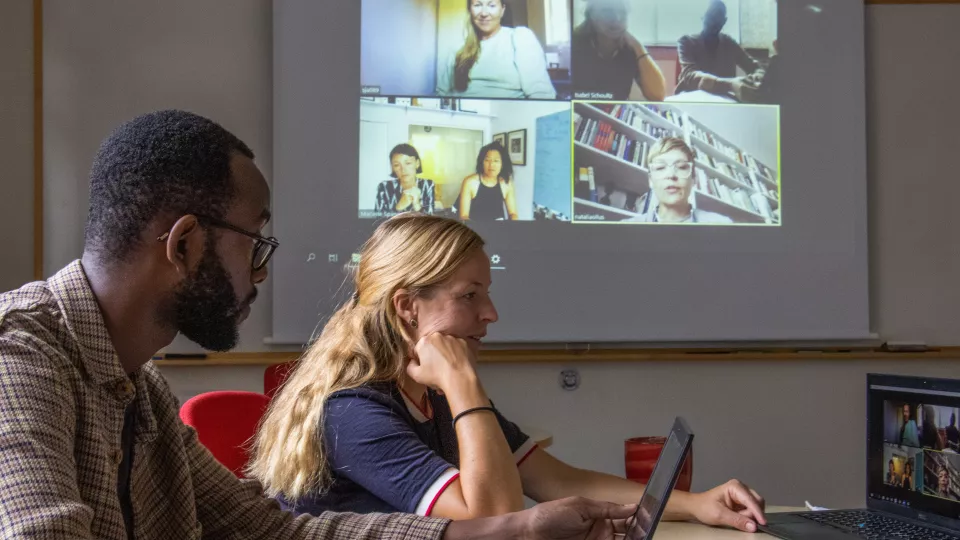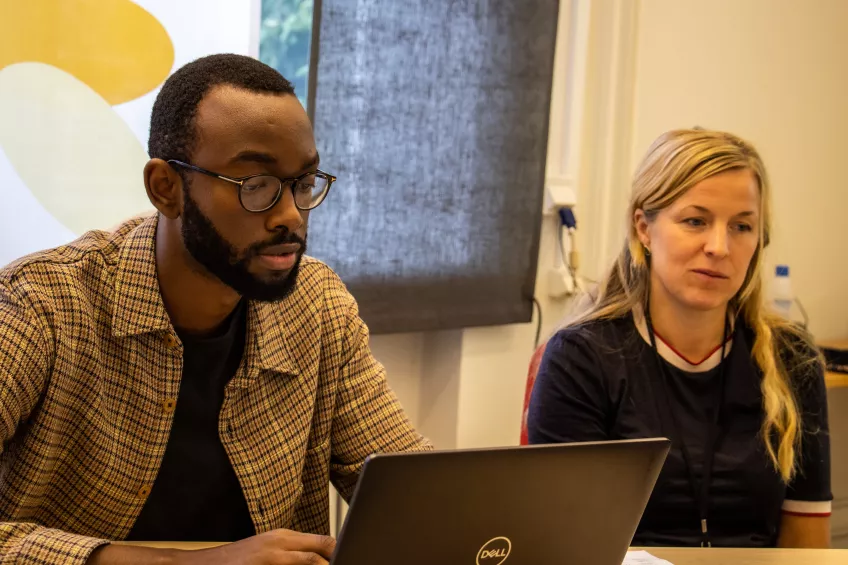In a report published in 2019, the European Union Agency for Fundamental Rights found that dishonest employers across the EU hire migrant workers under false pretence, forcing them to work long shifts every day of the week, with no time off, for very little or no pay. Some exploited migrant workers face threats of violence, sexual abuse, or deportation when asking for their salaries.
Even in the Nordic countries – Northern European welfare states know for well-regulated labour markets with emphasis on the protection of workers’ rights – immigrated labourers encounter fraudulent recruitment practices, and miserable working and living conditions. Meanwhile, legislators are struggling to effectively deal with the issue.
To counter the exploitation of migrant workers in the area, social scientists from Denmark, Finland, Norway and Sweden have come together to investigate discrepancies in how the countries approach the problem politically and legally. “We will analyse policy documents and court cases from each country that cover the exploitation of migrant workers to see how the different countries intend to combat the problem and how the policy intentions are enforced in legal practice,” said Isabel Schoultz. She is the Project leader and coordinator of the research project “Law in action - Policy and legal responses to the exploitation of migrant workers in the Nordic countries”, funded by the Nordic Research Council for Criminology.
The researchers will share the project’s findings outside of academia, hoping to contribute to better labour market laws and practices. But first, they have to figure out how to compare the information gathered in Finland, Sweden, Norway, and Denmark. “If one country’s legislation focuses on the prevention of social dumping of the labour market, the legislation and court cases analysed here will be different from the legislation and court cases of a country that sees exploitation of migrant workers as human trafficking,” said Heraclitos Muhire, project assistant.
The research team involved in “Law in action - Policy and legal responses to the exploitation of migrant workers in the Nordic countries” expect to publish its findings during 2021.
The researchers on the project are
Project leader and coordinator Isabel Schoultz, Associate Senior Lecturer and Heraclitos Muhire, project assistant, Department of Sociology of Law, Lund University, Sweden
Marlene Spanger, Associate Professor and Sophia Dörffer Hvalkof, research assistant, Department of Politics & Society, Aalborg University, Denmark
Natalia Ollus, LL.D, Director of The European Institute for Crime Prevention and Control, affiliated with the United Nations (HEUNI), Anniina Jokinen, PhD student and Senior Programme Officer and Anna-Greta Pekkarinen, research assistant HEUNI, Finland
Synnøve Økland Jahnsen, Senior researcher/Forsker II, NORCE – Norwegian Research Centre AS.

